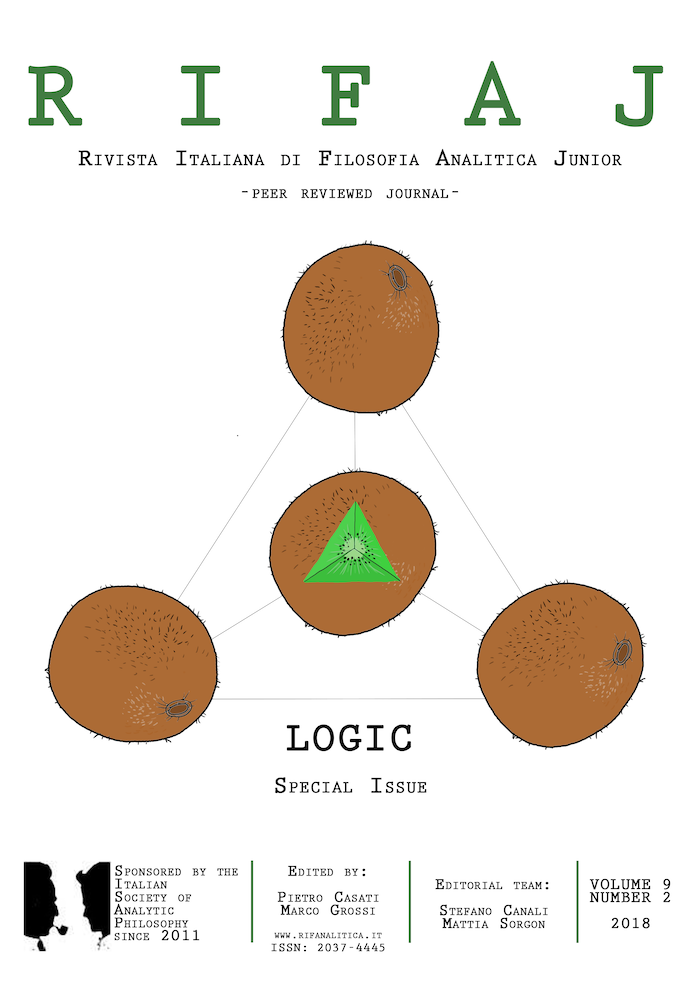The Link between Misinterpretation, Intentionality, and Mental Agency in the Natural Language Interpretation of “Fake”
DOI:
https://doi.org/10.13130/2037-4445/11095Abstract
In formal semantics of natural language, an intersective interpretation works for many adjectives: x is a French lawyer iff x ∈ {x:x is French} {x: x is a lawyer}. For those adjectives for which this does not work, like “excellent”, we still have, at worst, a subsective modification ({x: x is an excellent violinist} ⊂ {x:x is a violinist}). Neither of these applies to “fake”, whose formal interpretation is a traditional challenge. In this paper, I propose an analysis of the semantics of “fake” in which the speaker’s attribution of intentionality (derived or original) to the object or person of which she predicates fakeness is central. In fact, the boundaries between the properties that ‘fake’
modifies and those it leaves unchanged are moved in function of this attribution of intentionality. In a famous 1994 paper, Dretske argues that for something to be specifically mental it does not merely need to exhibit original intentionality. It also has to be capable of misrepresentation, i.e. be a structure having a content independent of its causes. I argue that this intuition is implicitly contained in the natural language use of “fake”.
Downloads
Downloads
Published
How to Cite
Issue
Section
License
The authors keep the intellectual property for their work, while the journal owns the exclusive rights concerning the first publication of the articles. The journal will also reserve the rights to create an Open Access archive under the Creative Commons License. Articles are published under a Creative Commons By Attribution License.




